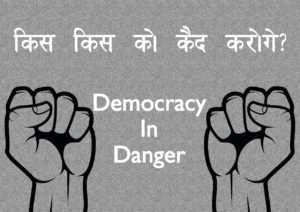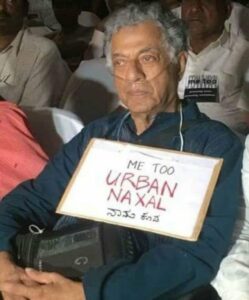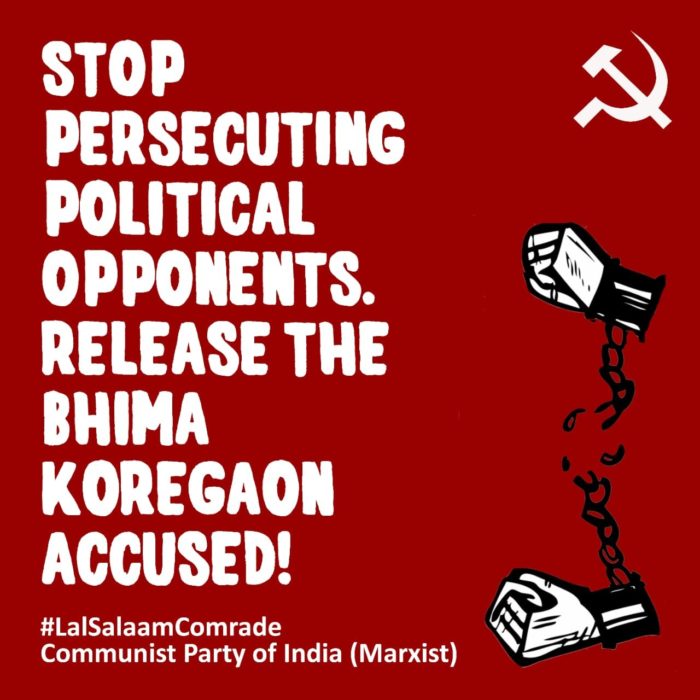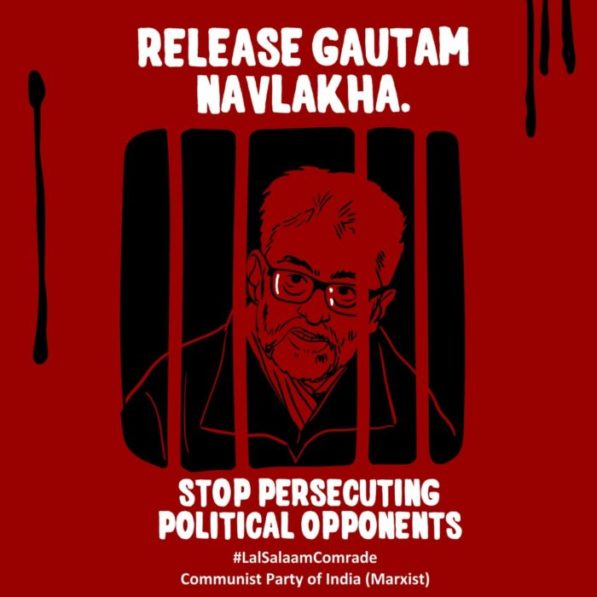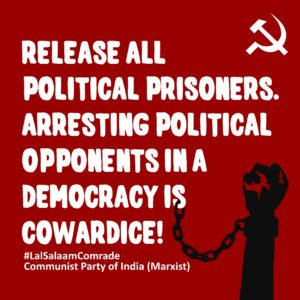How the State uses ‘national security’ to spellbind the process of justice

The Leaflet / by Gursimran Kaur Bakshi
As the J&K High Court recently reiterated, allegations of ‘terrorism’ have become a copy-paste template that the State uses to muffle dissent, but why do courts freeze the process of criminal justice on hearing ‘national security’?
…
The jurisprudence has resulted in widening the coercive powers of the police and investigation agencies. Since the court only forms its assessment on broad probabilities, a pattern has emerged from the evidence submitted by the prosecution in a wide range of UAPA cases where there is a similarity in terms of enormous allegations running into thousands of pages, generalised testimonies of witnesses; most of which are protected witnesses, lack of incriminating evidence and heavy reliance on electronic evidence and literature.
There are similarities in three specific instances: those arrested in the backdrop of the 2018 Bhima-Koregaon violence, deoperationalisation of Article 370, and 2020 Northeast Delhi riots.
Read more
Also read:
▪ Article 21 ‘overturned’ by new criminal laws: Lawyers, activists remember Stan Swamy (Counterview / Jul 2024)
▪ Authorities must immediately repeal repressive new criminal laws (Amnesty International / Jul 2024)
▪ A New Bill Shows Maharashtra Wants to Become a Police State Before Combatting Left-Wing Extremism (The Wire 7 Jul 2024)
▪ AI Report: India’s exploitation of terrorism financing assessments to target the civil society (Amnesty.org / Sep 2023)
▪ Maharashtra: Activists, Lawyers Added to ‘Union War Book’, Listed as ‘Enemies of the State’ (The Wire / Jul 2021)

